As the Beijing 2022 Olympic Winter Games approaches, about 19,000 volunteers who were selected from more than 1 million candidates have begun to enter the closed-loop system in batches after receiving training in areas such as competition rules, mental health, epidemic prevention and etiquette.
During the Games, volunteers will be an important factor in ensuring the normal order by providing information and translation services, assisting with disability accessibility and dealing with emergencies, among other responsibilities.
One of the volunteers in the media center, who started closed-loop work as early as January 4, said on Wednesday that they are "extremely busy every day."
The other volunteers will start their first shifts on January 23, and the entire closed loop will last for nearly two months, until the end of the Games on February 20.
After that, those volunteers will start a 21-day quarantine period before their duties officially end.
Among the 12 venues, the Capital Indoor Stadium, which will host events such as Short Track Speed Skating Figure Skating, will have about 900 volunteers. They will be responsible for venue management, technical support and other services, another student volunteer told the Global Times on Wednesday.
The volunteer is from a university in Beijing. More than 1,500 students from the university participated in the voluntary work selection, the Global Times learned.
The candidates went through two rounds of interviews in 2021, and those who were accepted were asked not to leave Beijing after January 1 due to epidemic prevention and control, another volunteer Xiaozhong (pseudonym) told the Global Times.
Before officially starting volunteer work, they joined the training plan launched by the Beijing Organizing Committee for the Games. The training plan has four stages - general training, vocational training, venue management training and on-the-job training, the Global Times learned from the committee.
Volunteers completed the first stage through video courses developed by the committee. The first stage is comprised of 23 courses that cover basic skills and a code of conduct.
Each course is divided into sections featuring several 15- to 20-minute videos, and after each course, there's a test.
There are also in-person classes and training events organized by universities.
A total of 95 universities with volunteers have organized an average of 10 in-person training lessons each day.
"We also need to have professional psychological training such as adjusting our mental state," said Xiaozhong.
"Due to the time conflicts, we will not be able to go home for Chinese New Year," Xiaozhong said.
More than 1 million Chinese, including over 2,000 disabled people, submitted applications to be an Olympic volunteer. Among the successful candidates, the youngest volunteer is 19 years old and the eldest is 63.









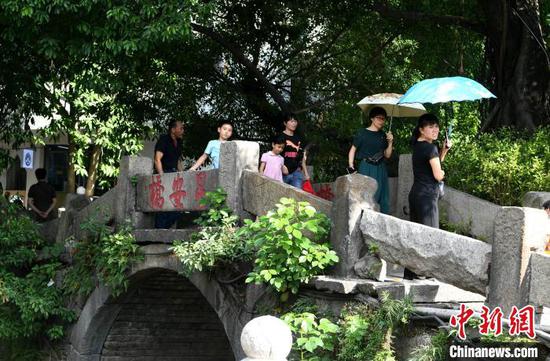
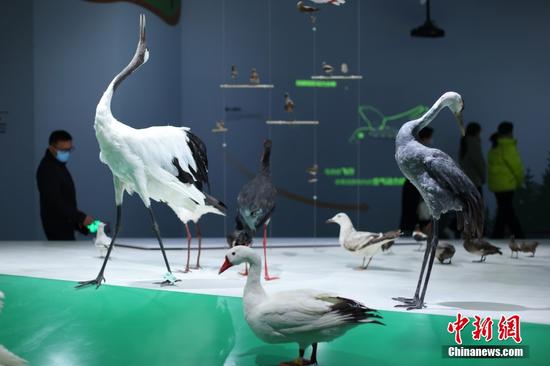
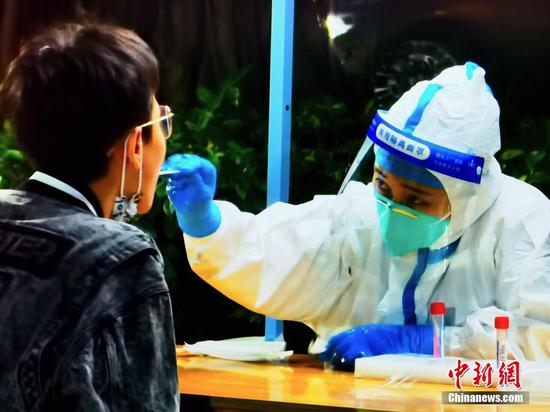
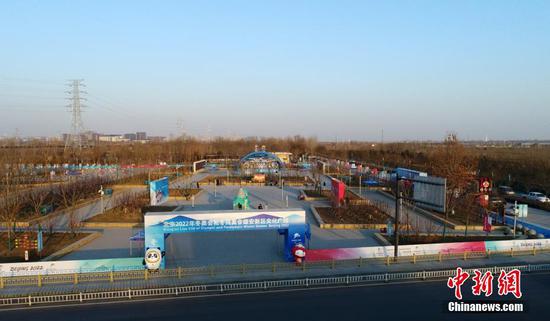

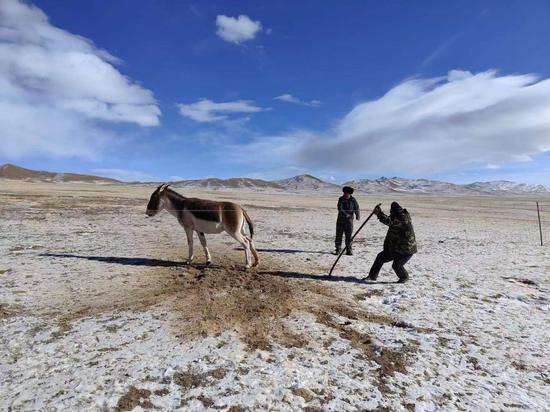
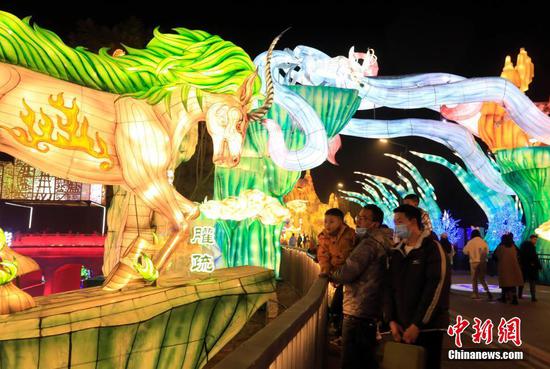
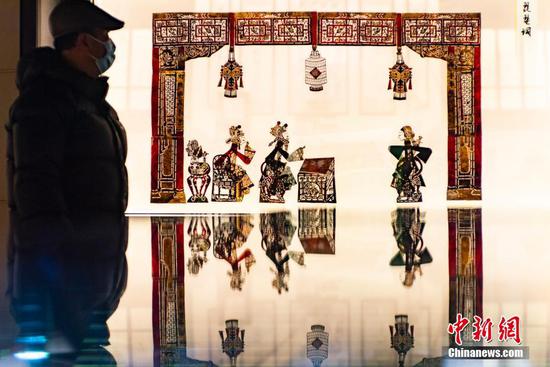

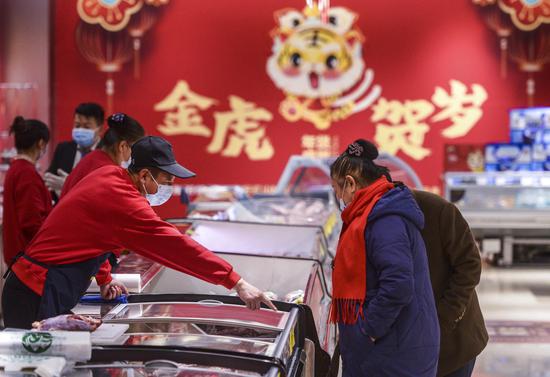


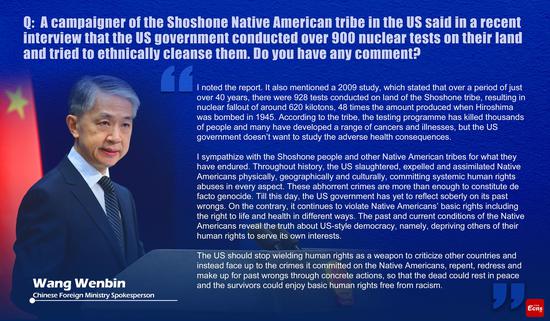
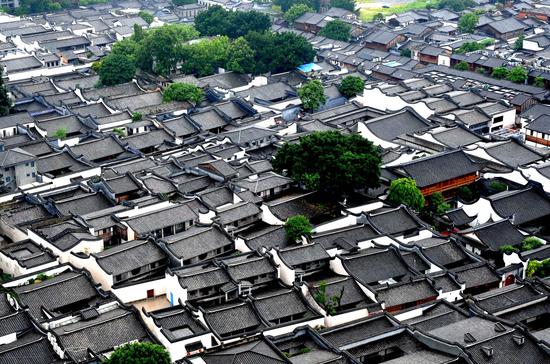
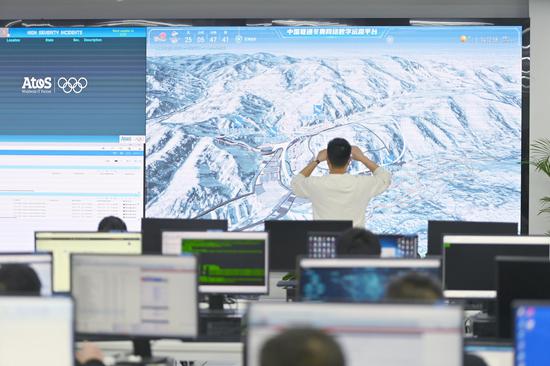

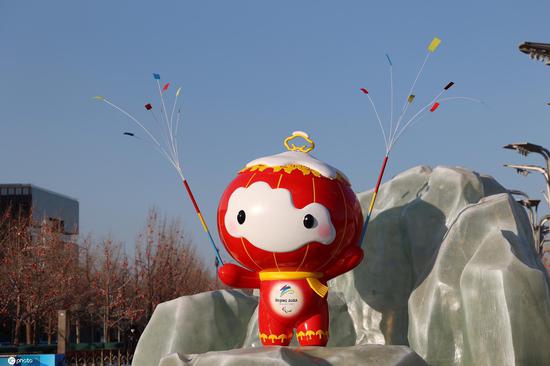

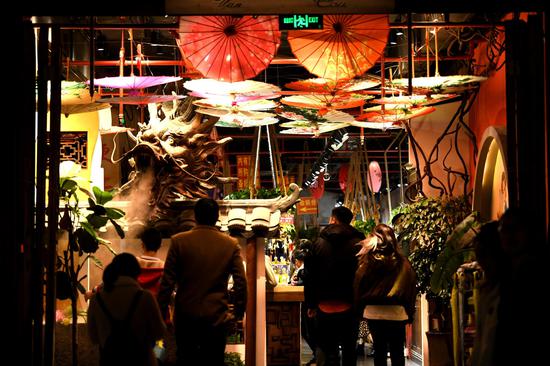

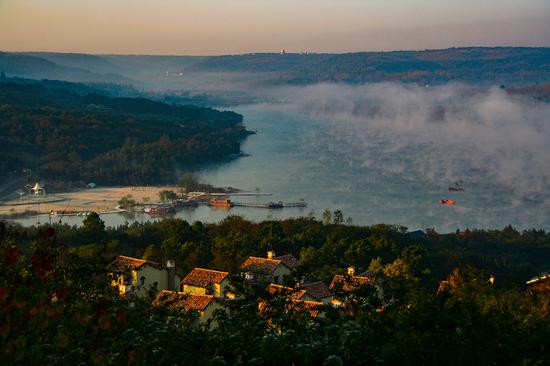
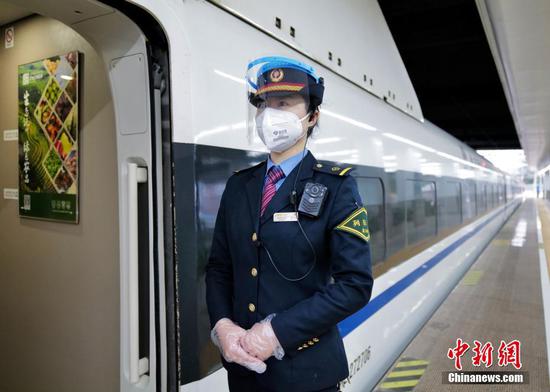
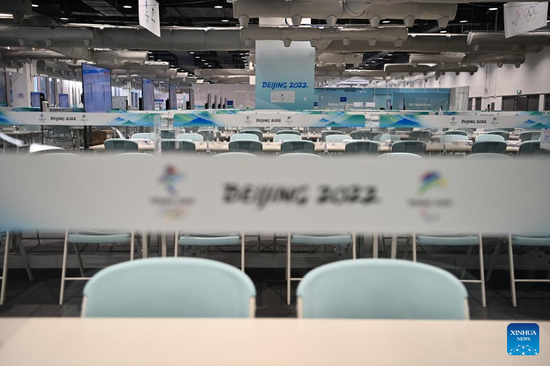
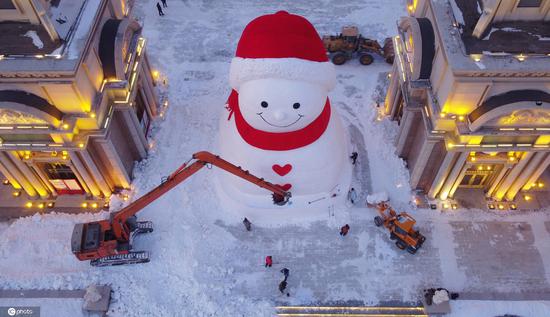
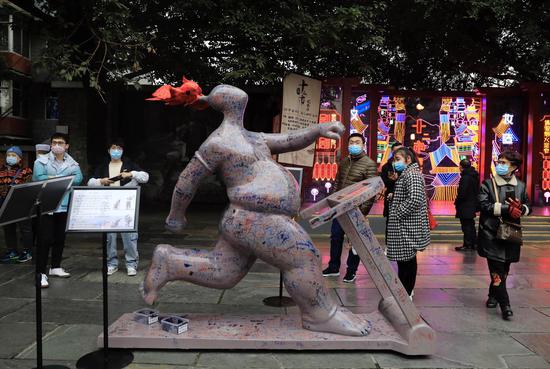
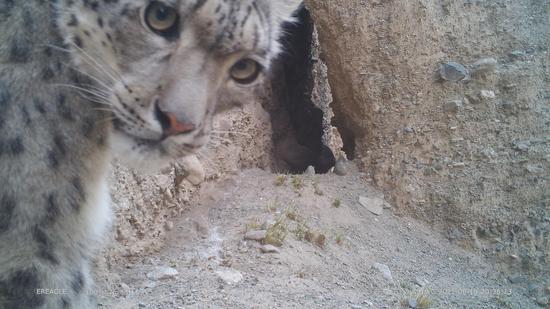
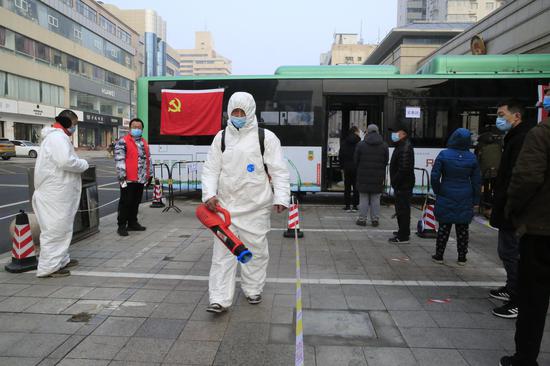
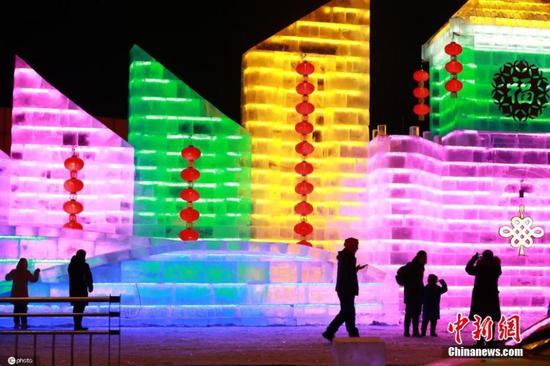

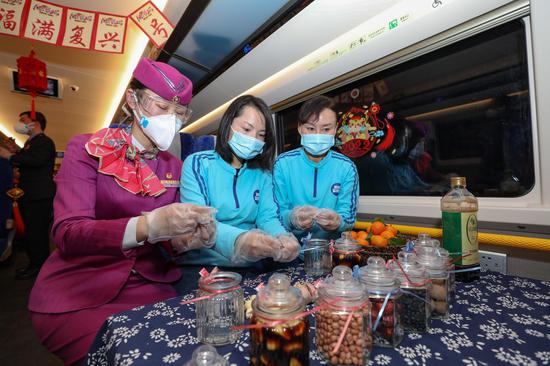


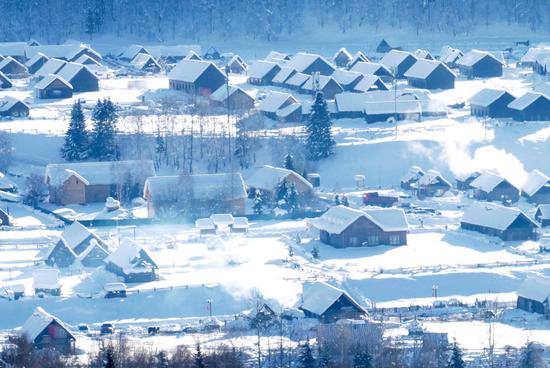


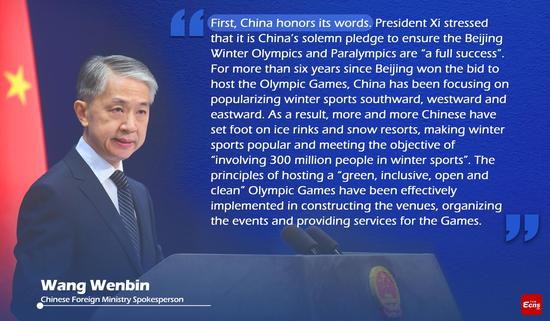





 京公网安备 11010202009201号
京公网安备 11010202009201号